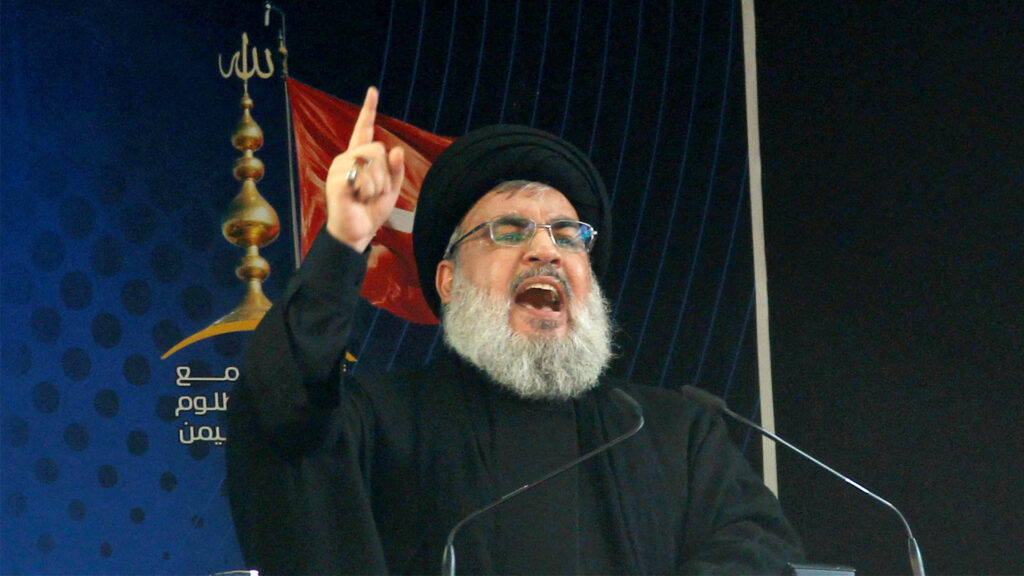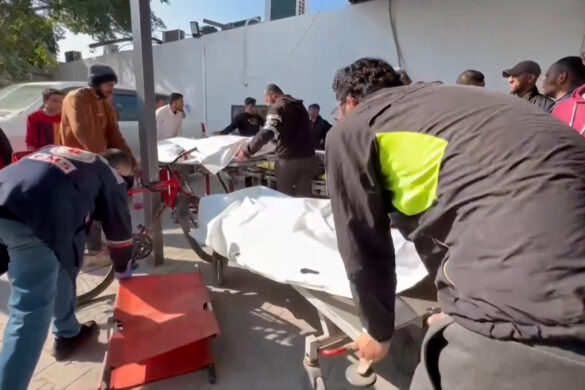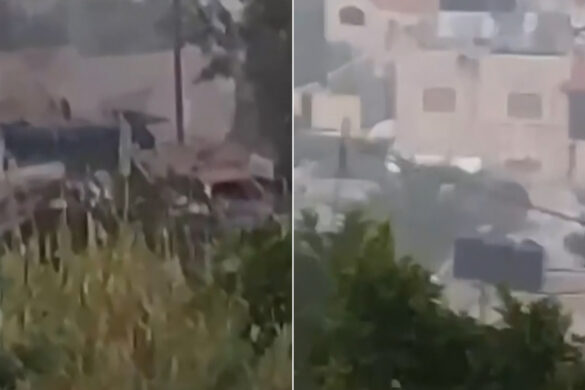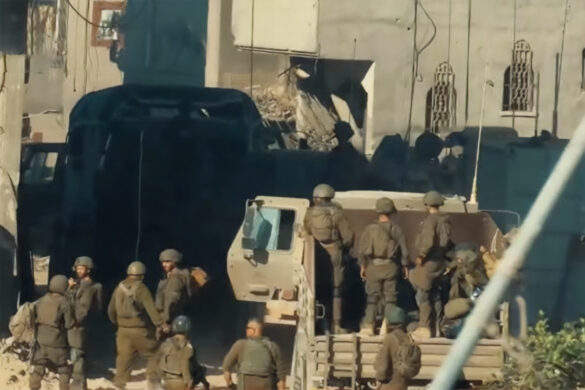Political and military analysts who spoke to Tel Aviv Tribune raised many questions about the repercussions of the Israeli occupation’s assassination of the Secretary-General of the Lebanese Hezbollah, Hassan Nasrallah, on Lebanon and the Arab region.
Hezbollah confirmed the killing of its Secretary-General in the raids that targeted, yesterday evening, Friday, the headquarters of the party’s central command in the southern suburb of the Lebanese capital, Beirut.
The military and strategic expert, Brigadier General Elias Hanna, asked whether Israel would launch a ground attack on Lebanon, and would it be able to enter? He linked this to the extent of Hezbollah’s readiness to confront this in the northern region.
If Israel enters Lebanon, to what depth? Is she able to survive? Hanna indicated that if Hezbollah accepted the conditions of the occupation, it would not launch a ground attack.
However, Brigadier General Hanna explained that so far there is no indication that Israel will carry out the ground attack, despite the military buildup it has undertaken.
He concluded that the next stage will be a fundamental turning point, and there will be internal and regional repercussions after the assassination of Nasrallah, because Hezbollah falls within a system whose main center is in Iran.
For his part, Professor of Political Science at An-Najah University, Dr. Hassan Ayoub, believes that many things will change and will not take much time, in light of the occupation’s escalation of its aggression and war against Hezbollah, especially the assassination of its Secretary-General.
He said that Israel “is going to great lengths to completely settle its score with Lebanon and Hezbollah and create a buffer zone in southern Lebanon, and perhaps it can replicate it in the Gaza Strip.”
It is likely that Israel is most likely heading towards a ground operation during which it will sweep through southern Lebanon and reach the Litani River, and perhaps beyond that.
He added that Israeli Prime Minister Benjamin Netanyahu’s speech before the United Nations General Assembly and his throwing of 85 bombs on residential neighborhoods in the southern suburbs of Beirut have a very clear indication of what Israel will be able to do in the Middle East region.
The writer and political analyst, Faisal Abdel Sater, ruled out that Nasrallah’s departure would affect Hezbollah, because it does not depend on a person and people, as he said.
For his part, the Lebanese writer George Alam said that a new page is opening at the level of Hezbollah, at the level of the resistance, at the level of Lebanon and also the region. He stated that the final word now rests with the one who runs the axis of resistance, which is Tehran, and what will its position be with this new development? Will you resort to a specific tactic?
At the level of Lebanon, George Alam wondered whether Lebanon would resort to reconsidering a clear defense strategy, in order to rebuild its institutions within a clear policy.
He also wondered whether the occupation’s assassination of Nasrallah would lead to a major confrontation at the regional level.




